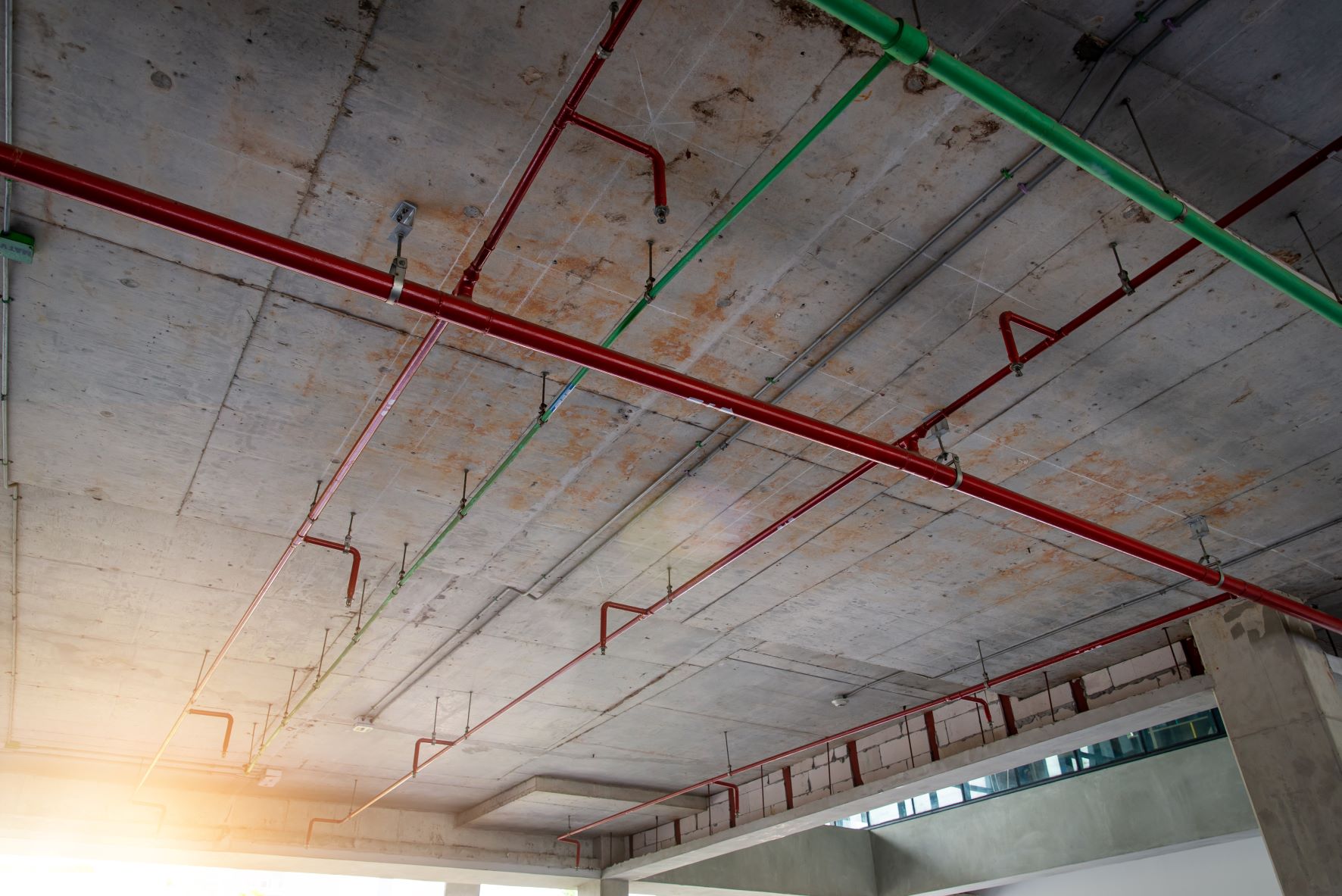Building a successful construction project requires an understanding of the most commonly used terms in the BuildOps Commercial Construction Glossary. From planning to completion, many layers go into constructing any project.
Knowing what words and phrases mean can be key to getting the job done right. This article provides an overview of some of the most popular terms and their definitions so you can get your construction project up and running quickly.
Bidding and Estimating
Bidding and estimating are two of the most important steps in any commercial construction project. Bidding involves submitting a proposal, often based on an estimated cost, to potential clients. Estimating requires careful consideration of all costs associated with completing a job, such as materials and labor expenses. Having accurate estimates is essential for ensuring that projects remain within budget and complete on time.
To ensure accuracy when bidding or estimating projects, contractors must consider what types of equipment may be needed, how long it will take to complete the job, local wages for laborers if applicable, taxes and insurance costs associated with the project, etc.
Additionally, contractors should pay attention to details like subcontractors’ fees or changes in regulations that could affect pricing or timelines throughout the process. Both bidding and estimating require precision and expertise; however, by taking into account all relevant factors it’s possible to accurately determine both budgets and completion times for successful commercial builds every time!
Building Materials

The BuildOps commercial construction technology glossary is a valuable resource for anyone involved in commercial building projects. Building materials play a crucial role in the construction process, providing the necessary foundation, support, and structure to bring a BuildOps commercial building to life. Some commonly used building materials include wood, brick, cement blocks, drywall, and plasterboard sheets, as well as asphalt shingles and metal roofing systems.
Steel is often used in larger structures, such as office buildings or bridges, due to its strength and durability against natural weather elements like wind or rain. Concrete is also a vital material as it can be poured into forms and holds up well over time with minimal maintenance required.
Other popular options include stone veneers, which add texture and style to any commercial building while still providing insulation benefits, foam insulation boards, glass windows, vinyl siding, PVC piping systems, HVAC ducts, plumbing fixtures, electrical wiring systems, and fire safety equipment like sprinklers or smoke detectors. All these components help create a safe environment inside any BuildOps commercial construction site while adding aesthetic appeal to the exterior of the structure.
Construction Management
Construction management is the process of planning, organizing, directing, and controlling resources to achieve specific goals. It includes managing people, materials, processes, and all other elements needed to build a structure on time and within budget. At the core of construction management lies an understanding of how work gets done to bring projects from concept to completion. This involves ensuring that milestones are met on schedule while adhering to safety standards and quality requirements.
A thorough knowledge of construction techniques and methods is essential for successful project delivery as well as an ability to effectively manage labor costs, material supplies, and subcontractors. Building operations professionals utilize a variety of tools such as earned-value analysis and project scheduling software when developing plans for their projects which helps them stay organized throughout the entire process. In addition to these operational aspects, communication between stakeholders is key in making sure everyone involved understands their roles clearly so they can collaborate effectively toward a successful outcome.
Site Preparation and Utilities

Site Preparation and Utilities are an important part of any commercial construction project. This involves making sure the site is ready to begin work, from everything to clearing debris and removing trees, to preparing the soil for building foundations.
It also includes ensuring that all utilities like water and electricity are in place before construction begins. Site preparation is essential for a successful build, as it lays the groundwork for a safe, efficient process. Additionally, proper planning when laying out utilities can help reduce costs associated with labor or materials down the line. Understanding these terms will ensure your construction project runs smoothly and on time.


